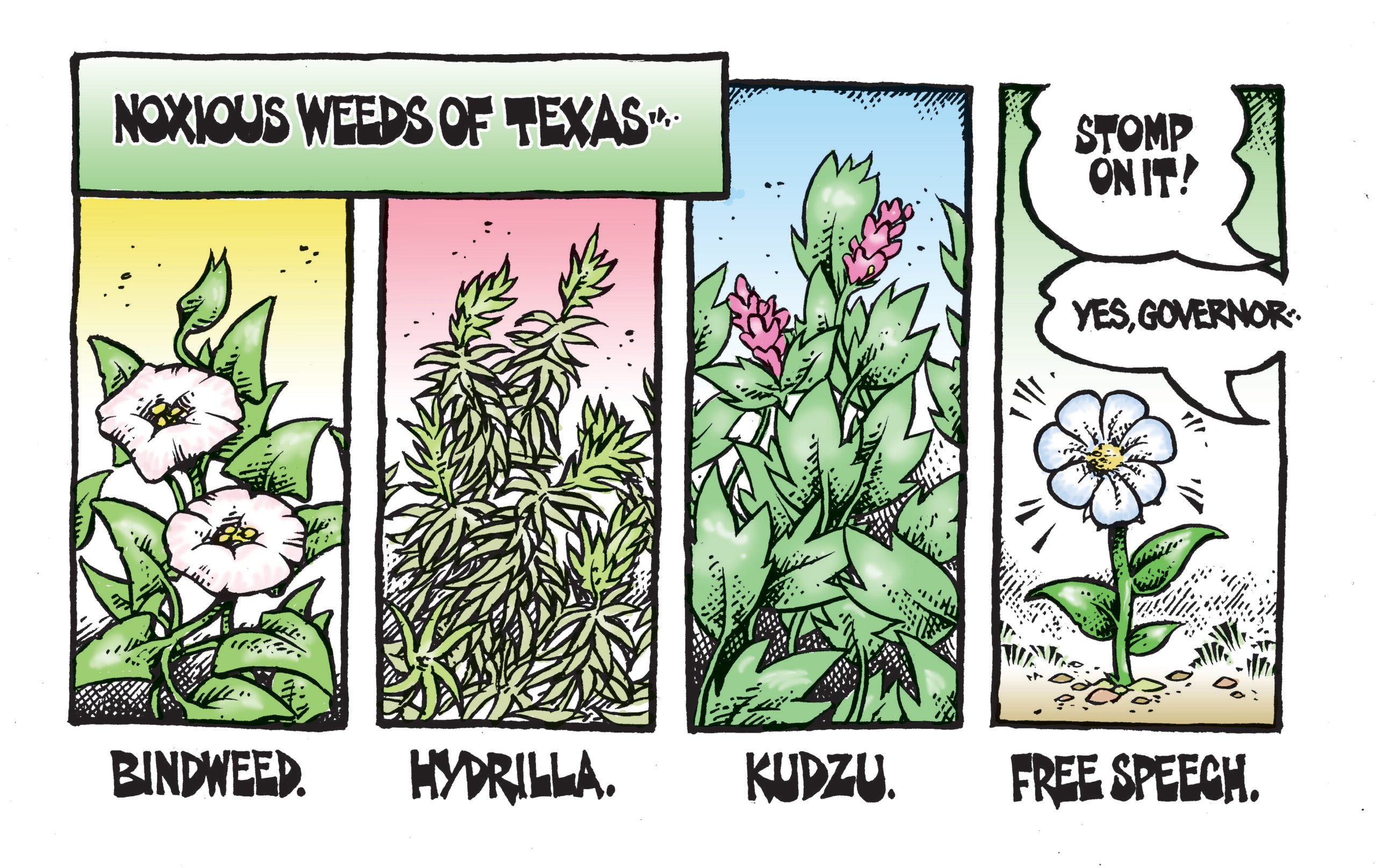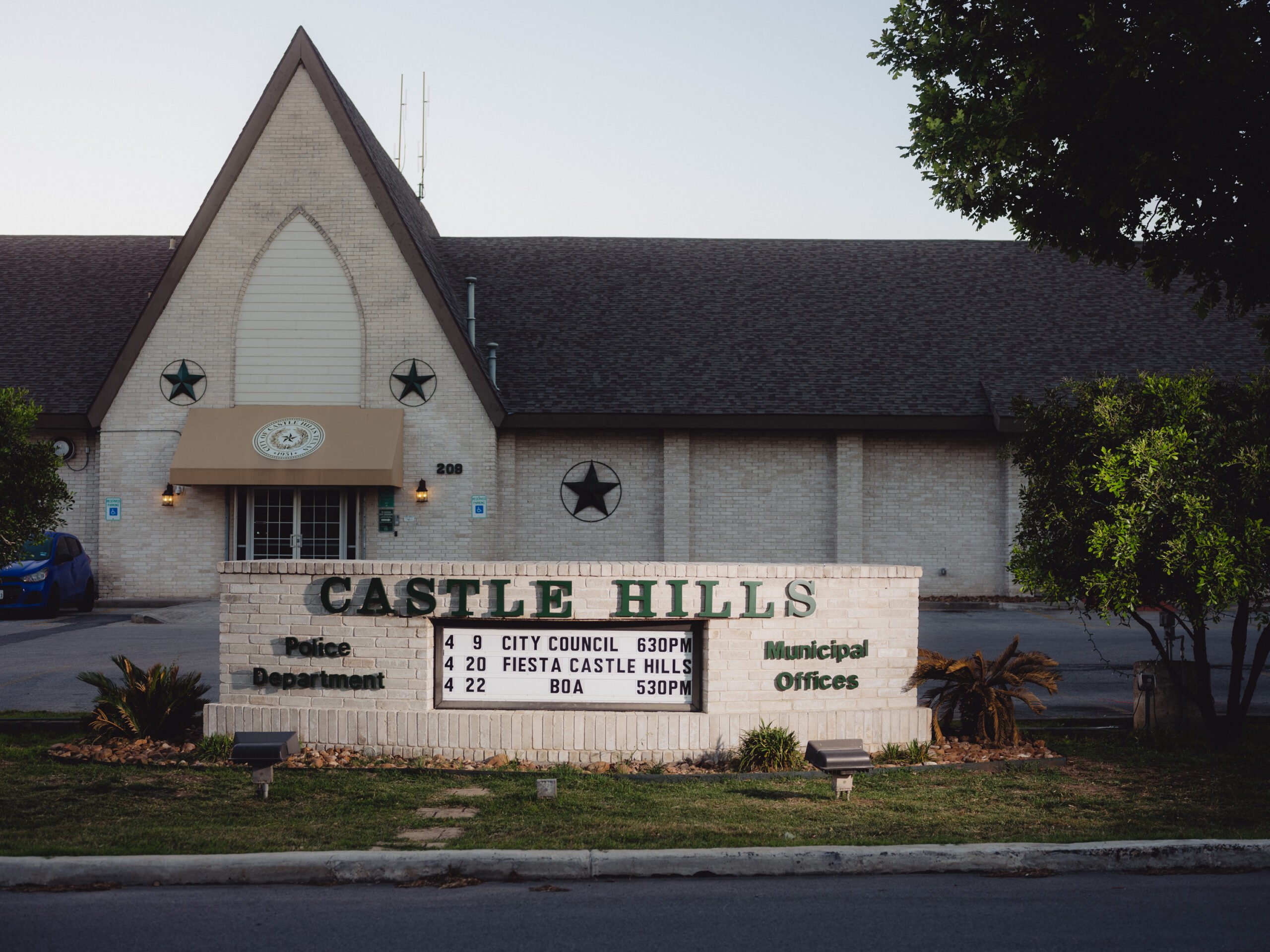ustxtxb_obs_1988_10_14_50_00019-00000_000.pdf
Page 17
is hardly a redbaiter, but in his acceptance of a continued hostile relationship with the Soviets he has discounted the possibility of the very changes that now appear to be taking place in the U.S.S.R. under Gorbachev. Whether the liberalization of Soviet political life will eventually fail remains to be seen. What is clear, however, is that there is no valid reason for continuing to arm and protect European nations who, despite their contemporary prosperity, are unwilling to fend for themselves. Those of us who support a strategy of nuclear deterrence but reject the idea that a huge missile arsenal was necessary to achieve the desired military standoff will appreciate BY JAMES HOGGARD AFTER THE NOISE OF SAIGON: Poems by Walter McDonald Amherst: University of Massachusetts Press, 1988 AS HIS NUMEROUS PRIZES suggest, Walter McDonald found his poetic voice a long time ago. McDonald’s work has earned him the Elliston Award and four literary prizes from the Texas Institute of Letters. His most recent book After the Noise of Saigon, which last year won him the prestigious Juniper Prize is earthier and more searing than his previous volumes. Staying with his hardscrabble plains imagery and blistering memories of war in Vietnam, McDonald has become an importantly curious figure in contemporary American poetry. Inheritor of the conventional wasteland, McDonald is also wealthy with a sense of home. Eight volumes of his poems have been published since 1976, and others are in press. Throughout such books as Burning the Fence, Witching On Hardscrabble, and others, he has developed an intimate sense of a rough land. That and his family-oriented sensibility reflect an affirmation of involvement that is counter to the thin air of placelessness found in many of his contemporaries. West Texas is his birthplace and home Lubbock to be exact and the earth he describes there is complex. The place has a mysterious interior quality for him that bristles with contentiousness, as the closing of “Goat Ranching” suggests: . . . Horny they strip the bark off cedar posts James Hoggard is a poet living in Wichita Falls. Calleo’s observation that the Chinese managed to avert a Sino-Soviet war with a minimal nuclear force certainly nothing approaching the frightening levels of American and Soviet stockpiles. In any case, readers across the political spectrum will find much to wrestle with in this fine work, which moves with considerable erudition through realms of fiscal, monetary, and military policy. I wonder, however, if the ideas will receive the audience they deserve. For above all, Calleo writes with a penchant for clarity and common sense, and in an irrational world sanity remains something of a perversion. and stand for hours in moonlight, whetting their horns like sabers on barbed wires. There are also passages in the collection whose echoes are both koanlike and straightforward narrative. Describing the necessity of having to slaughter a diseased herd, the narrator-rancher of “Nothing To Do But Start Over” says, “Bury the milk and let the trucks be idle.” With utilitarian practicality he accepts without lament the fact of bad fortune: . . . There’s nothing to do but dismount, rifles ready in our hands, take in our breaths and let them out, and aim. The suspense coming from expectation generates a strong response in the reader. Here as elsewhere the speech is plain, even prosaic, but sharpness of image and concision of presentation make it poetic. Throughout most of his work McDonald has stayed separate from anything resembling incantatory phrasing. the absence of musicality in verse is certainly not odd these days, but several times in his new book he opens up the possibility of song, something often absent in the heirs of William Carlos Williams. Unlike many of his altogether secular brothers and sisters, McDonald has hymns in him. They are not sung loud but their presence is notable. One of the most vivid examples occurs in the half-rhymes closing “For Friends Missing In Action”: He’s gone Lift up your savage mugs and let the truth ring like a gong: he’s gone. The implosive power there recalls the discordantly musical World War I poems of Wilfred Owen and Siegfried Sasson. Information for Historians, Researchers, Nostalgia Buffs, & Observer Fans Bound Volumes: The 1987 bound issues of The Texas Observer are now ready. In maroon, washable binding, the price is $30. Also available at $30 each are volumes of the Observer for each year since 1963. Cumulative Index: The clothbound cumulative edition of The Texas Observer Index covering the years 1954-1970 may be obtained for $20. The 1971-1981 cumulative edition is Back Issues: Issues dated January 10, 1963, to the present are available at $3 each. Earlier issues are out of stock, but photocopies of articles from issues dated December 13, 1954 through December 27, 1962 will be provided at $2 per article. Microfilm: The complete backfile dividual years may be ordered separately. To order, or to obtain additional information, please write to Univ. Microfilms Intl., 300 N. Zeeb Road, Ann Arbor, Michigan 48106. to the Observer Business Office. Prices include sales tax and postage. THE TEXAS OBSERVER 307 W. 7th ST. AUSTIN 78701 Home to West Texas THE TEXAS OBSERVER 19


